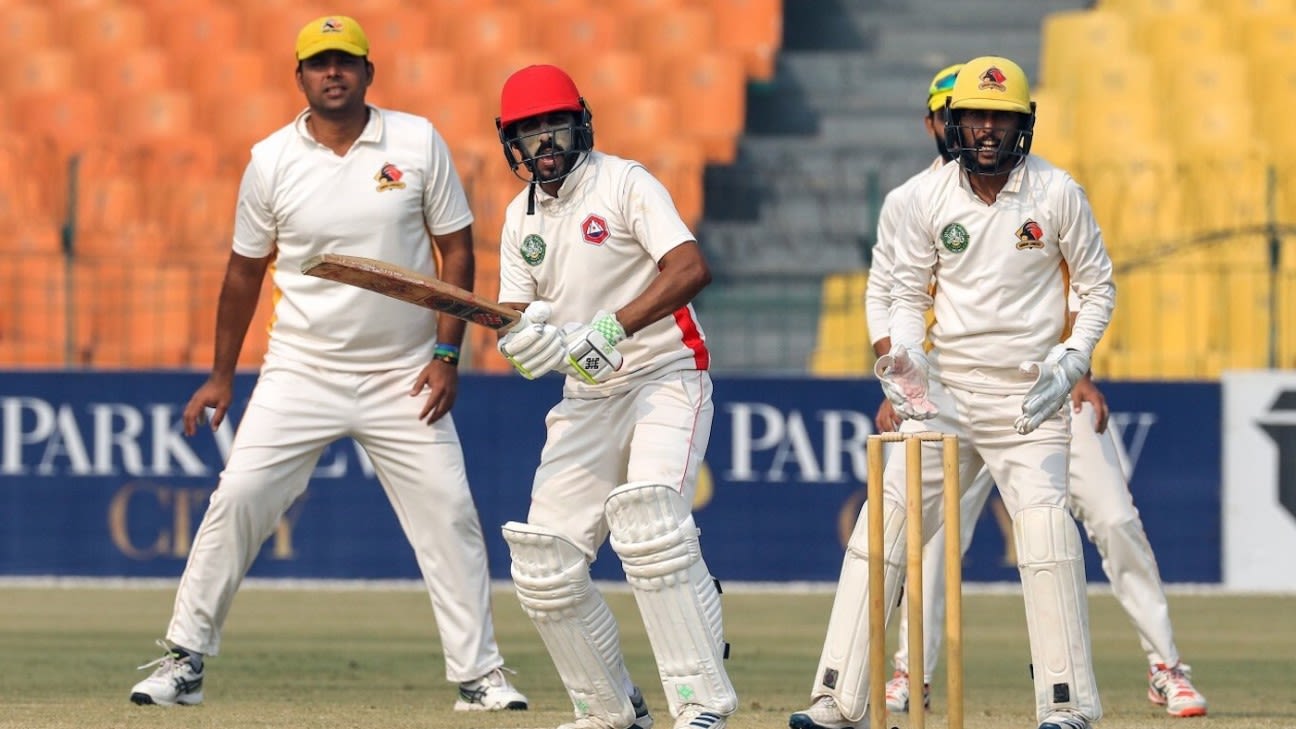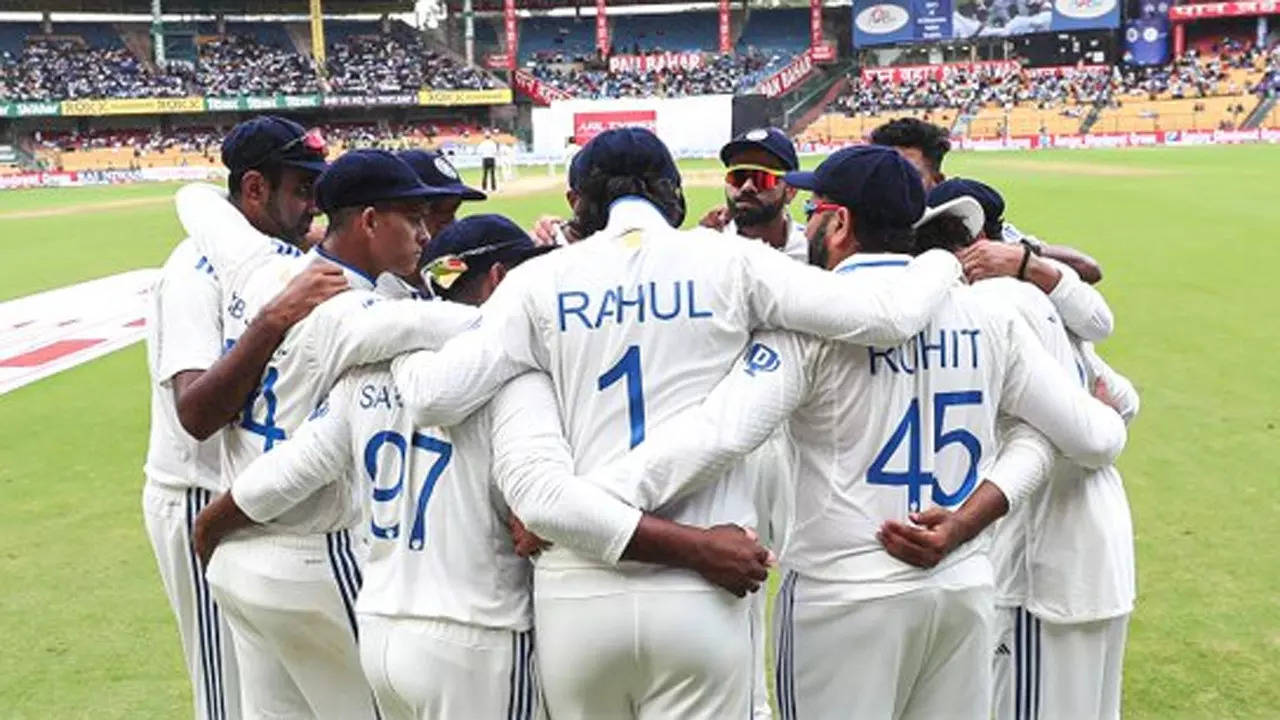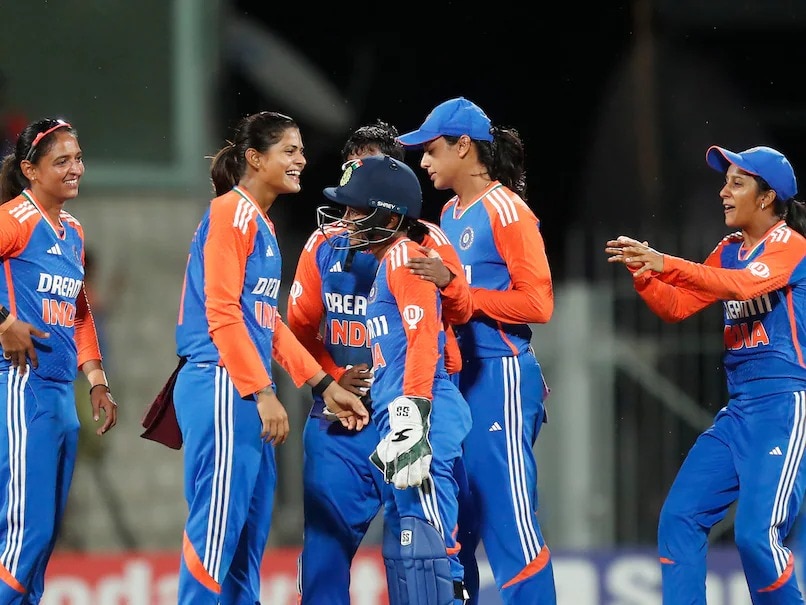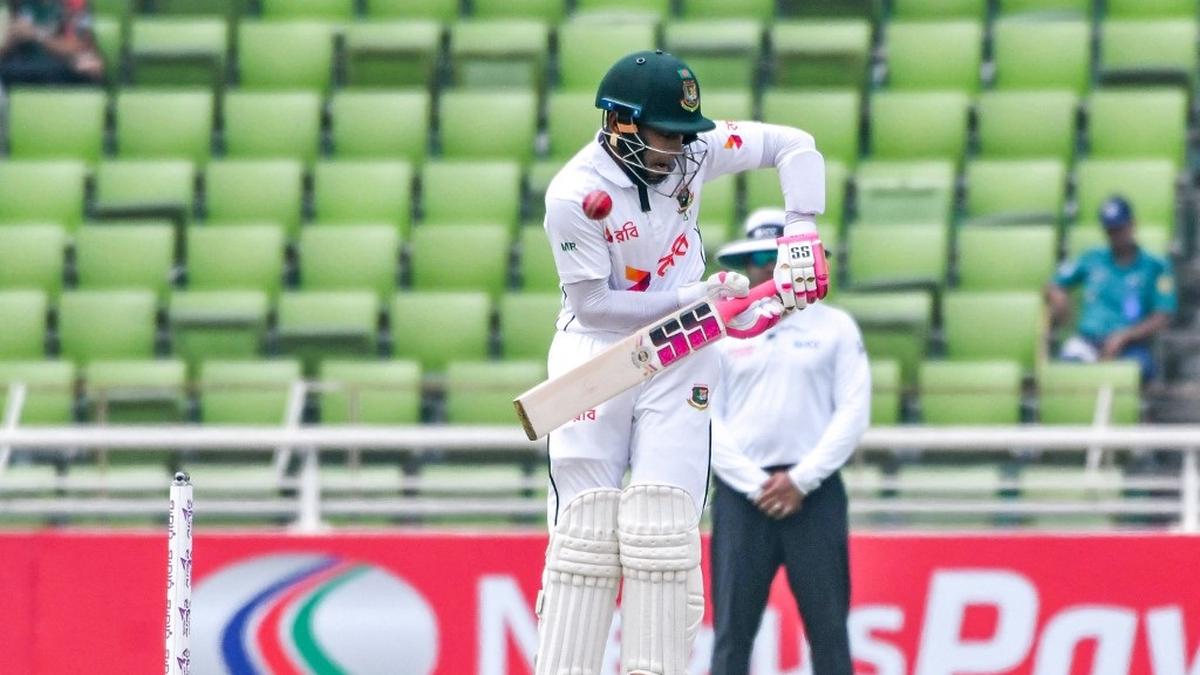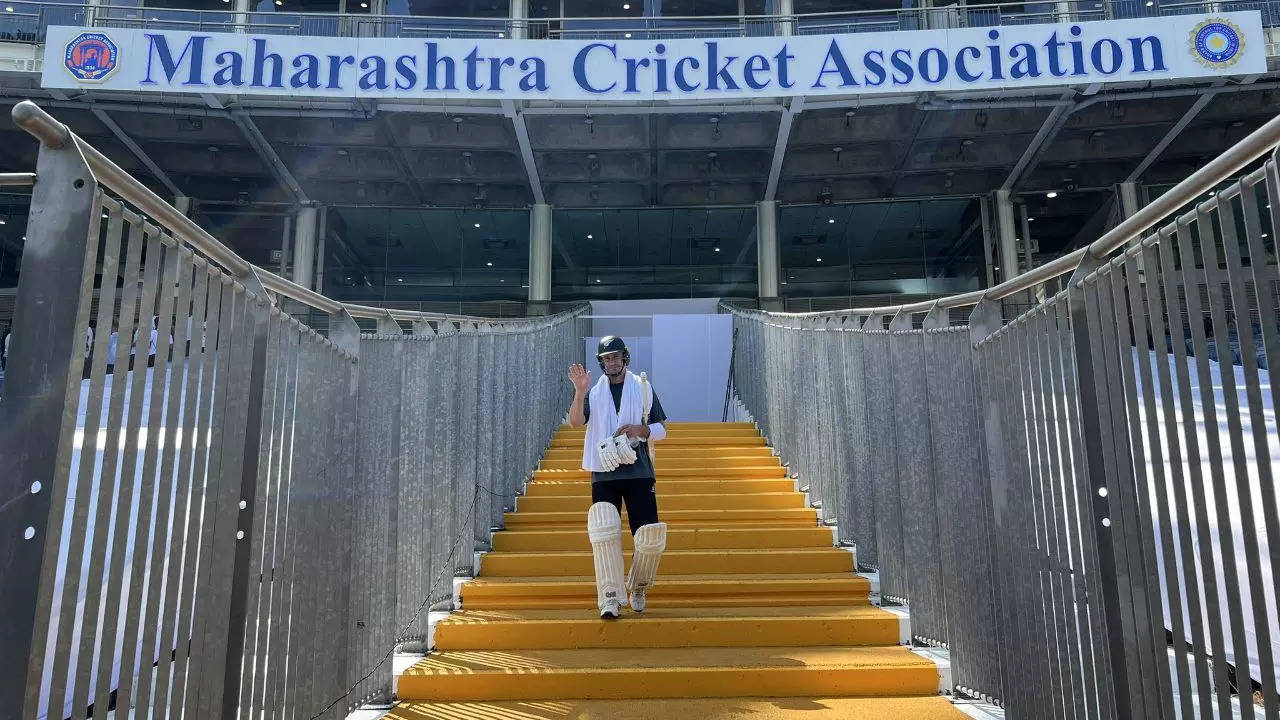The Quaid-e-Azam (QeA) Trophy, Pakistan’s premier first-class tournament, remains in limbo as the 2024-25 season approaches without a clear start date. Despite Pakistan’s ongoing bumper international Test season, the PCB has yet to announce a schedule for the domestic competition.
A tentative schedule released by the PCB in August had the QeA beginning on October 20, but that date has passed without any official confirmation. A PCB official had previously stated that the tournament would adhere to its October 20 plan, but ESPNcricinfo has learned that the schedule is still awaiting approval from PCB chairman Mohsin Naqvi.
The delay in announcing the QeA schedule has raised concerns among players and stakeholders. The tournament is crucial for players to prepare for international commitments, but its absence has left them without any domestic red-ball cricket ahead of England’s ongoing three-Test tour.
The lack of information about the QeA is in stark contrast to the fanfare surrounding the Champions One-Day Cup, which was held in September. The decision to host the one-day tournament in Pakistan’s only free window until May meant that players would not be able to participate in domestic red-ball cricket before the England tour.
Historically, the QeA has struggled to maintain a consistent schedule or format. However, the current delay is unprecedented, with the tournament typically having its schedule announced well before October. In the last 20 years, the QeA has only started later than October 26 twice.
The situation is particularly concerning given Pakistan’s busy Test schedule this season. They are currently halfway through seven home Test matches between August 2024 and January 2025, with two more Tests in South Africa at the turn of the year.
The PCB has declined to comment on the reasons for the delay in approving the QeA schedule. However, budgetary approval is believed to be a factor, with the chairman having the final say on operational matters.

